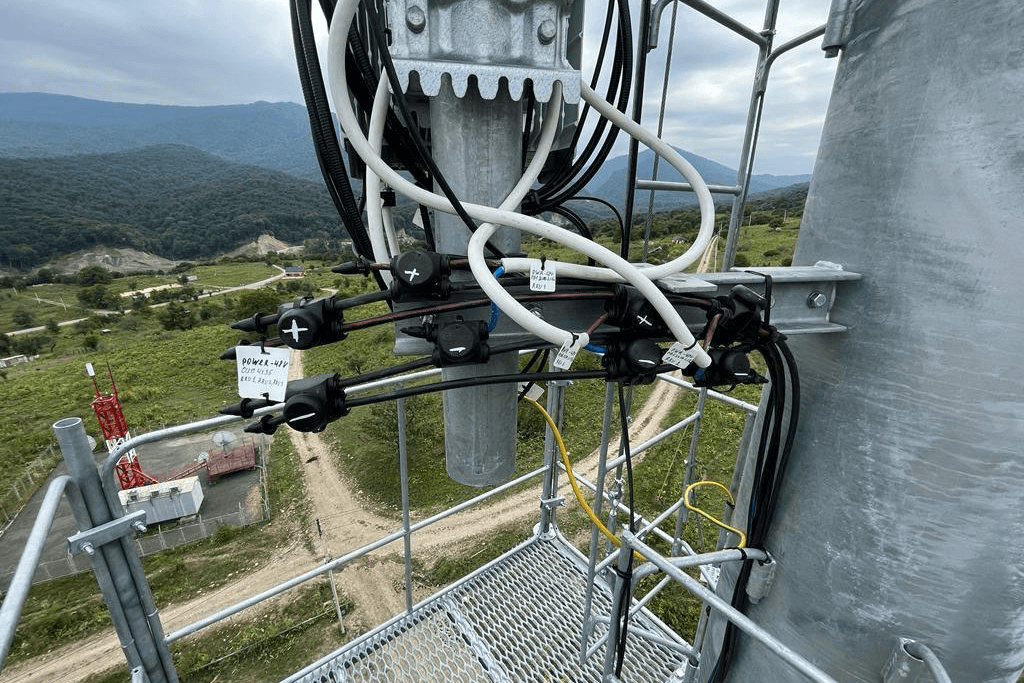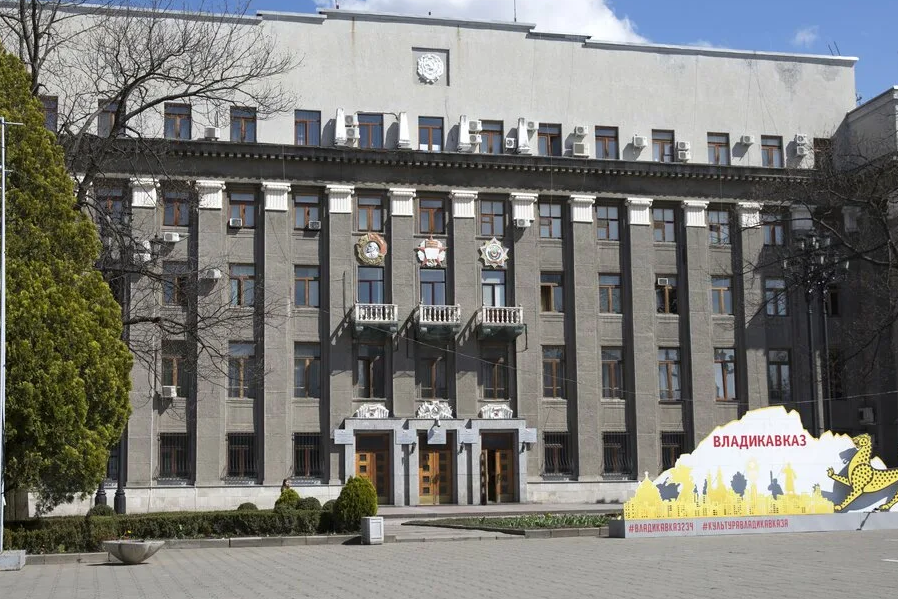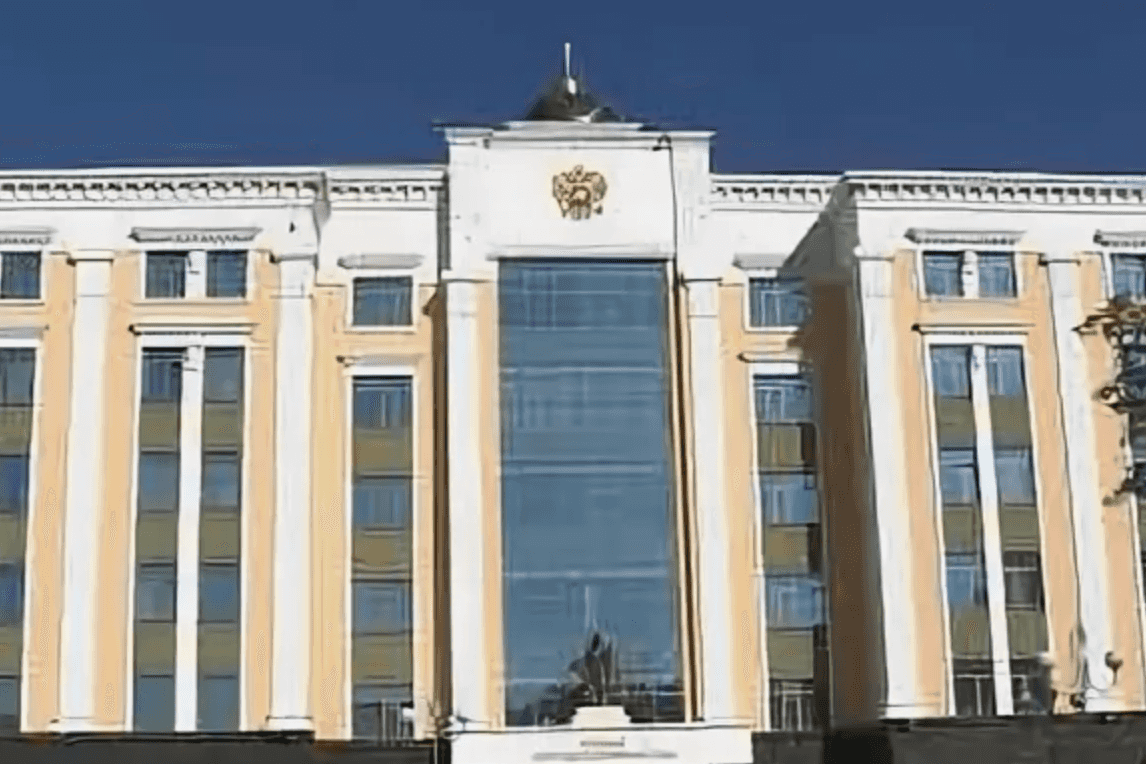
Since Thursday, messages have appeared in local chats across Ingushetia reporting that mobile network issues have affected nearly every settlement in the republic. Messaging services, banking apps, and taxi platforms have stopped working and many residents said they feel ‘cut off from the world’.
At present, internet access on phones is available only in places where Wi-Fi is installed — something not everyone has at home. Even basic mobile communication has reportedly been unstable. Smartphones have reportedly displayed LTE or 3G signals, but with no actual data transmission.
As of now, no official explanation has been issued by mobile operators or regional authorities. The situation reflects a broader national trend — in July 2025, Russia recorded a new high in mobile internet shutdowns: over 2,000 major disruptions were documented, according to the In Touch (‘Na Svyazi’) project, which documents mobile phone failures.
Some of the internet shutdowns have been connected to threats or attacks from Ukrainian drones, which have become increasingly commonplace.
However, massive outages have also been reported in regions where no official threats from Ukrainian drones had been declared — for example, in Sverdlovsk, Tyumen, and the Oryol regions, as well as in Udmurtia and Altai Krai, which is northwest of the border with Kazakhstan.
In Krasnoyarsk Krai, residents have had no access to mobile internet for nine consecutive days. In the Ivanovo region, connectivity issues have prevented people from locating missing persons, as geolocation services are not functioning properly.
In the past 24 hours alone, internet shutdowns were recorded in 68 regions.
Several republics in the North Caucasus have also reportedly experienced instability. In North Ossetia, mobile internet has been intermittently available over the past few days following a drone alert. Regional governor Sergei Menyailo said the reduction in service was a security measure in response to a purported drone threat.
In Daghestan and Kabarda–Balkaria, official drone alerts were also issued, and mobile internet speed was reportedly limited, even though no drone attacks were recorded. The regional emergency response centres confirmed internet slowdowns in public statements.
Previously, Russia’s Federal Ministry of Digital Development announced it was drafting regulations to limit the power of regional governments to implement mass internet shutdowns. According to federal media outlets, the ministry, together with industry representatives, plans to establish protocols for suspending mobile internet access during drone attacks. The ministry claims such measures would be applied selectively to avoid violating user rights or disrupting critical infrastructure.
As of now, no timeline has been announced for the full restoration of stable mobile data access.
Additionally, on Monday, Russia’s CDEK delivery service went offline for the second time in a week. The previous disruption to the company’s information systems occurred last Friday.












